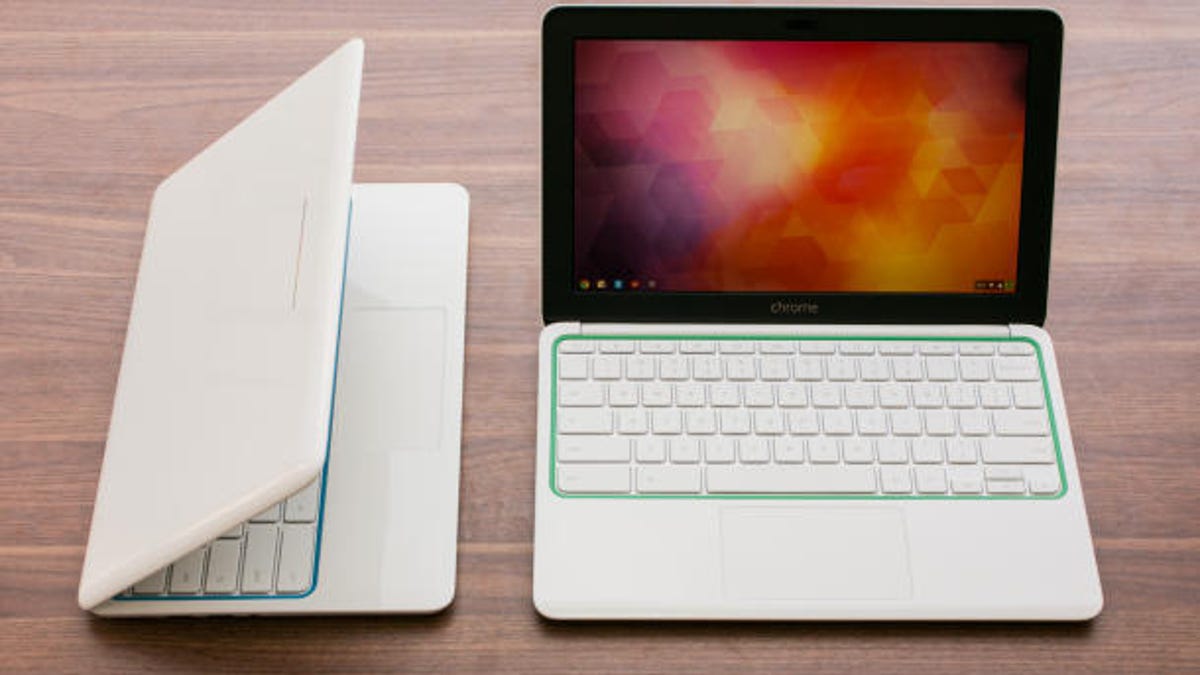HP no longer playing by Microsoft, Intel rules, exec says
With Microsoft and Intel becoming "outright competitors," Hewlett-Packard sees most of the PC growth happening outside the Windows market. That means Android, Chrome, and Ubuntu.

A Hewlett-Packard vice president had a lot to say about alternatives to Microsoft and Intel during a meeting of financial analysts Wednesday. And HP CEO Meg Whitman had some pretty provocative comments of her own.
The shift to non-Windows products at the world's largest PC maker is happening against a backdrop of a shrinking "Wintel" (Microsoft-Intel) PC market.
IDC reported this week that worldwide PC shipments in the third quarter of 2013 contracted 7.6 percent year-to-year.
"The market is changing more today than it has in the past 30 odd years I've been in the industry," Dion Weisler, executive vice president of printing and personal systems at HP, said at the company's Securities Analyst meeting in San Jose, Calif., on Wednesday. He continued:
In the past, if you had the Wintel playback and played by the Wintel playbook you could pretty much predict your results. You just needed to run a little faster than the other guy. Everything was pretty predictable...[But] we're in a new world now with multiple operating systems, new architectures, new silicon, new graphics, new subsystems.
Whitman had some tough words of her own for Microsoft and Intel.
HP's traditional highly-profitable markets face significant disruption. In personal systems...Wintel-based devices are being aggressively displaced by ARM-based PCs and mobile devices running competing operating systems...current, long-term HP partners, like Intel and Microsoft, are increasingly becoming outright competitors.
The push into non-Windows markets is being driven by places like China. "In China there are more tablets sold than [in] the United States. Guess what? Most of those are not on the Windows operating system," Weisler said.
HP is focused on four OSes now: Microsoft, Android, Chrome, and Ubuntu, he added.
"Chrome and Android represent $46 billion of opportunity and is growing at 12 percent," Weisler said.
As an example, Weisler brandished the new Chromebook 11 jointly developed with Google.
And it's not just Chrome and Android. He talked about a major a new contract in India for systems running on Ubuntu.
HP is not giving up on the PC market, of course. The market is still a $170 billion global market, he said. But it's declining.
"The traditional PC market declined faster than we thought it would," Weisler said.
He did cite opportunities, even in the shrinking Windows-Intel market. They include all-in-ones, workstations, and thin clients.
Editors' note: This post was originally published at 8:50 p.m. PT October 9 . It has been updated throughout.

